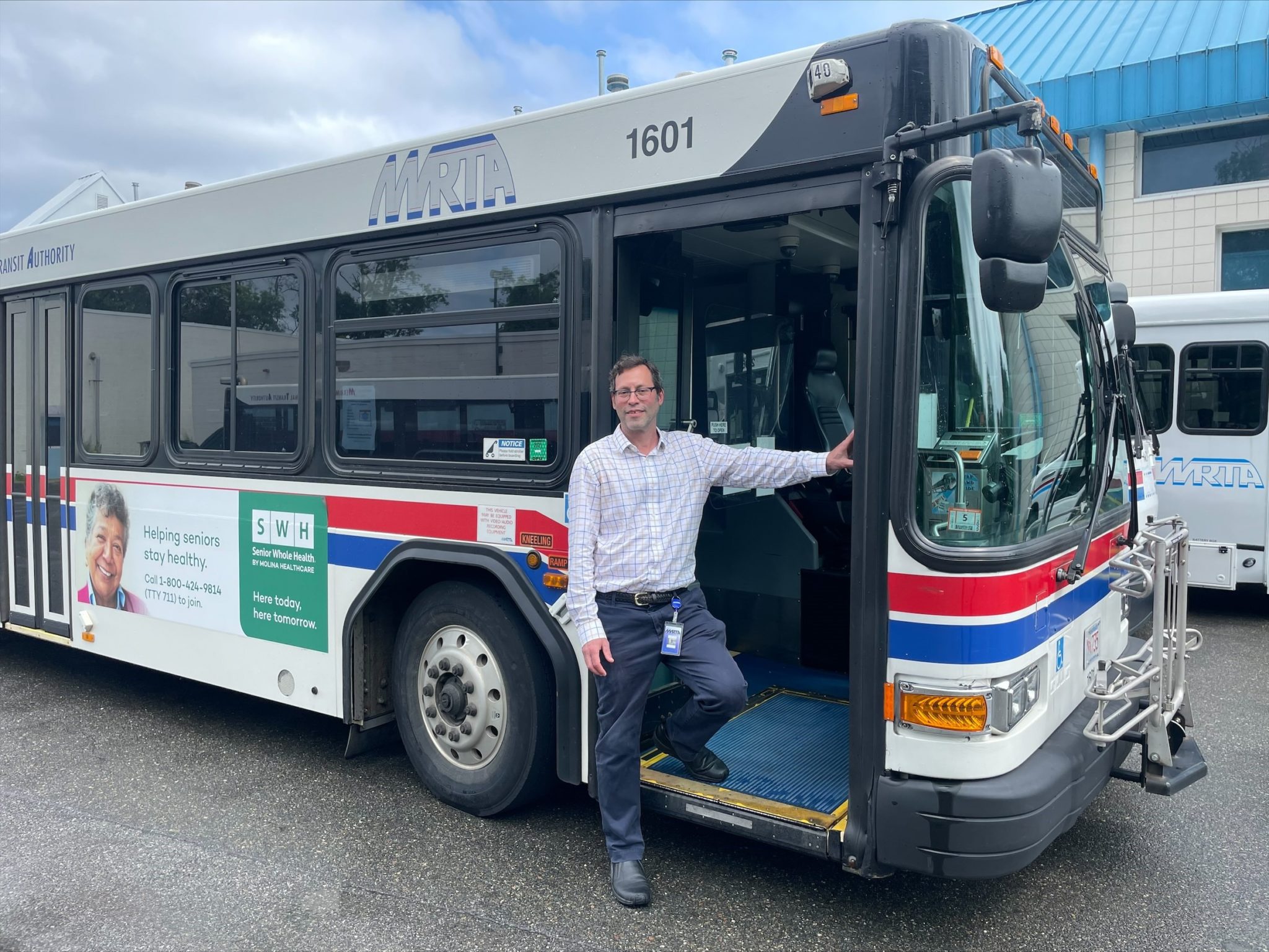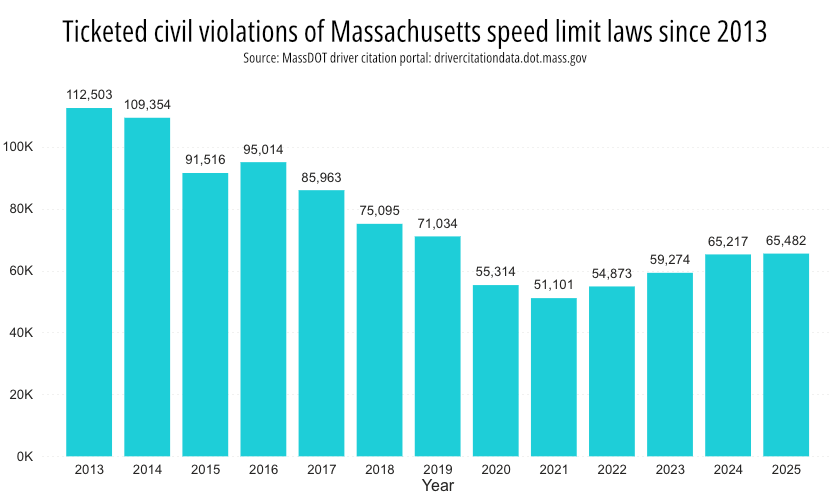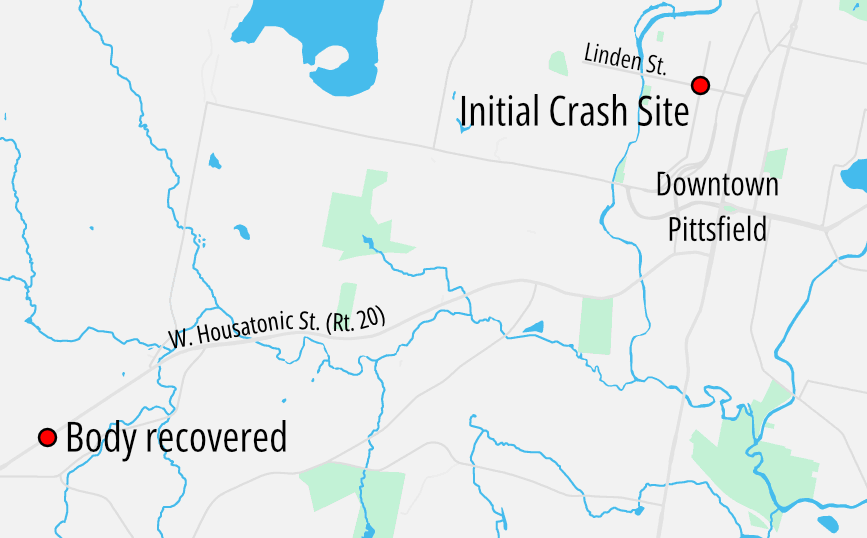The state's Regional Transit Authorities (RTAs), the smaller transit agencies that operate local bus routes in cities beyond the Boston region, are getting a major increase in funding in the newly-enacted state budget.
In addition to $94 million in operating assistance from the Commonwealth Transportation Fund – the traditional source of state assistance for the RTAs – the new budget allocates an additional $90 million for RTAs from the new Fair Share Amendment, which recently introduced a higher tax rate on incomes over $1 million.
Last year, the agencies shared $96.5 million in state operating assistance, solely from the Commonwealth Transportation Fund. This year's budget gives RTAs a 91 percent increase over last year's funding levels.
The RTAs are still waiting on key details about how the state will allocate these funds, and for guidelines on how to apply for the new grant programs.
But in the meantime, the RTA administrators we spoke with say they'll likely use the funding to expand their service hours into evenings and weekends, and to expand fare-free programs, which heretofore have relied on dwindling federal pandemic relief funds.
Brockton: more weekend buses and a fare-free pilot
"The primary options we will be considering are increased frequencies on weekdays and Saturdays, and new service on Sunday mornings," wrote Michael Lambert, administrator of Brockton Area Transit (BAT).
Lambert also said that BAT is also considering launching a pilot program for fare-free service.
BAT traditionally adopts a revised annual budget each spring, which gives an opportunity for the board and the public to weigh in on new programs and spending.
"We will likely continue this approach along with seeking Board support for specific service enhancements," wrote Lambert.
Merrimack Valley: more evening bus trips starting next month
MeVa, the agency that serves the northeastern corner of the state, including Lawrence and Haverhill, is moving faster, with service improvements starting as early as next month.
"The first service expansion we are working on for September will allow us to extend service later into the evening on our highest ridership routes," wrote Noah Berger, MeVa's administrator, in an email to StreetsblogMASS. "Currently, service stops running at 7 p.m. in Lawrence and 6 p.m. in the rest of our service area. Obviously, life does not stop at 6 or 7, and now we will be able to run until 9 p.m., with buses coming out of service at about 10 at night. We will also plan to add Sunday service later in the year."
Berger praised lawmakers for passing a budget with strong investments in transit.
But he also credited his MeVa's human resources office, which has focused on creating attractive work conditions in the face of a national shortage of bus drivers.
"We have actually been able to grow our driver workforce such that we now have more drivers than we have ever had in our history. As a result, we will be able to turn the additional funds into service as soon as September because we have the bodies behind the wheel to drive the buses," wrote Berger.
The new budget law specifies four specific uses for the $90 million in new Fair Share funding:
- $56 million "shall be expended by regional transit authorities to support operational enhancements and improvements, including expanded service hours, weekend services and route expansions."
- $15 million "shall be expended on grants for fare free pilot programs" at the RTAs, building off of successful fare-free initiatives in Worcester and MeVa, the Merrimack Valley RTA.
- $15 million for "an innovation grant program," administered by MassDOT, "for transportation providers to support initiatives including, but not limited to: (I) electrification; (II) infrastructure; (III) capital investments; (IV) new and innovative service delivery models; (V) expanded service hours or weekend service; (VI) rural connectivity; and (VII) connectivity improvements across regional transit authority service areas."
- $4 million "for grants to transit providers to support expanded mobility options for older adults, people with disabilities and low-income individuals through the Community Transit Grant Program."






